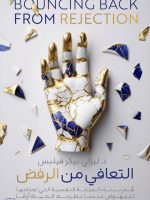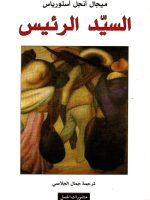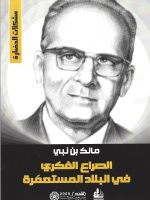Liquid Modernity
Modernity’s mission was to liberate human freedom of inquiry and choice from the captivity of the unseen, the lack of trust, and the uncertainty of humankind’s ability to control this world. It aimed to wage an unholy war to subjugate nature through science, thereby raising the level of freedom, ensuring individuality, and freeing individuals from the iron cage of tradition. But traditions did not end, rather our understanding of them changed. Nor did history end, but rather transformations created many problems that necessitated a blending of the old and the new. Neither did the old fade away, nor did the new persist and stabilize. Rather, we found ourselves caught in the turbulence and confusion of this “liquidity.”
Modernity changed the foundations of human existence and redefined time and space, giving them meanings more closely linked to capitalism in its successive stages. Consequently, it re-posed the question: What do we mean by humanity, and what are its characteristics? This book is an attempt to “understand a changing time,” in which contemporary societies have transitioned from “solid” to “liquid” modernity, from one distinct state of human life to another. It calls for a reconsideration of the concepts and cognitive frameworks used to narrate the individual human experience and shared history. Bauman therefore selects five fundamental concepts that have informed the meaning of shared human life: liberation, time/space, work, and community.













Be the first to review “Liquid Modernity”